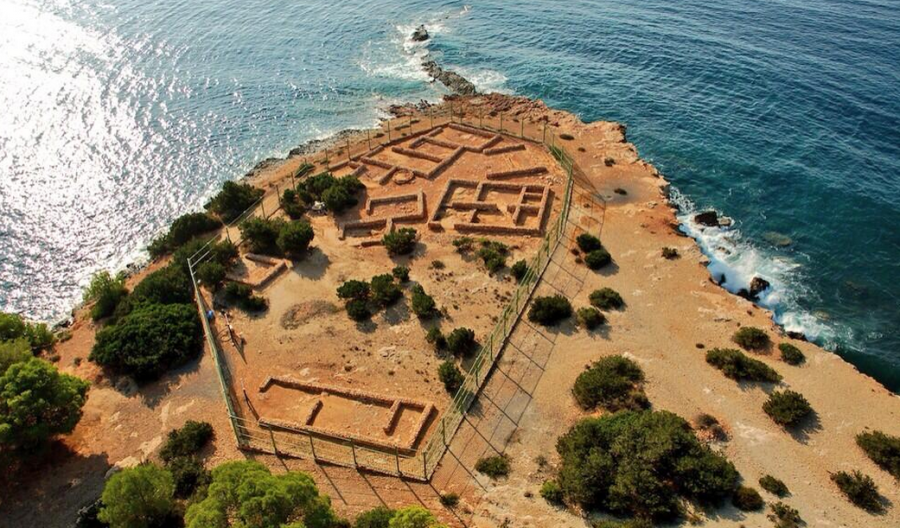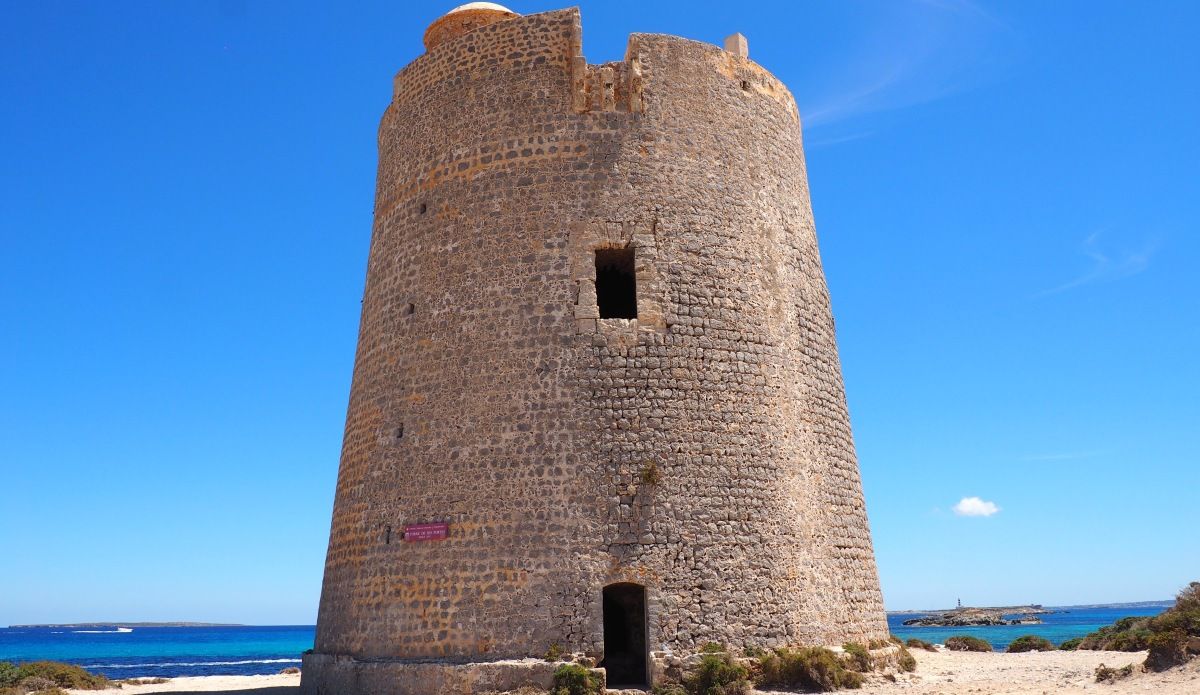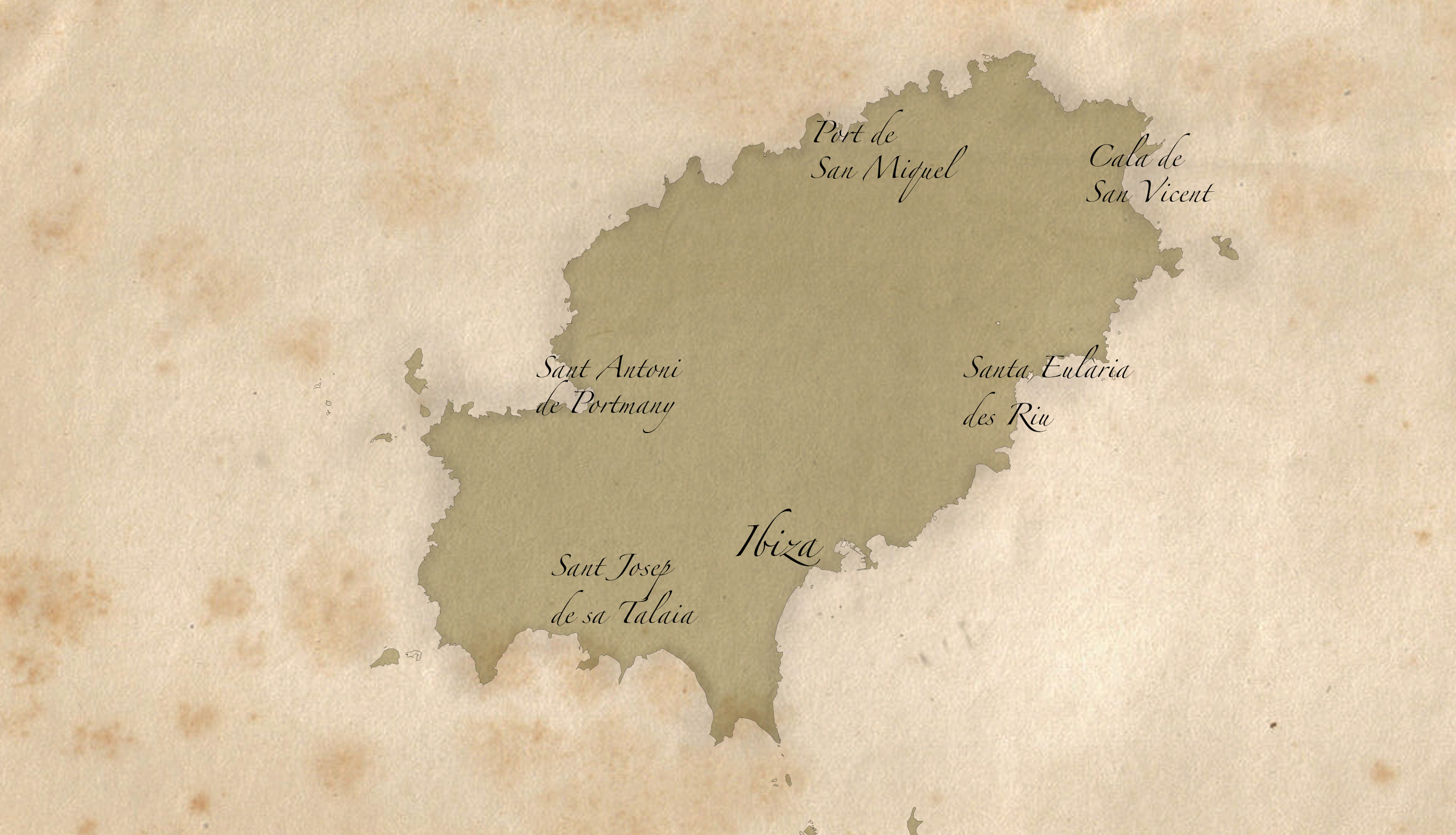The history of Ibiza begins several millennia ago and has been enriched by different civilizations. The island territory has a long history, we can in fact go back about 8 million years ago to the birth of the Balearic islands. Human settlements in the Balearics began around 5000 BC. A North African settlement gave first life to an urban society, the Phoenicians founded the port, the Carthaginians the residential complex of Sa Caleta (Sant Josep area), whose archaeological site is now worth a visit.

The island of Ibiza became an important strategic center, and today many corners of the territory remind of the past, for example: the Es Culleram cave in Sant Vicent de sa Cala, dedicated to the Goddess Tanit (symbol of Ibiza and present in most part of the Punic cities of the Mediterranean), or even in the same area of Sa Caleta. The Carthaginians also created several necropolis and important areas of commercial traffic, such as the Ses Salines area (saline), which marketed the salt. Followed by Greeks, Romans and then the barbarians, Byzantines and Arabs, are all peoples who occupied the island.

Before the Romans came the Greeks, the first to call the two islands of Ibiza and Formentera, the Pitiusas, or islands covered by pines. Like the rest of the nation through the centuries Ibiza also followed the same historical events of Spain. After the fall of the empire and the brief occupation of the Barbarians and the Byzantine rule, Ibiza was conquered by the Moors, who settled in most of the Iberian Peninsula. The Arab occupation lasted for a long time (for almost five centuries) and left very deep traces in the culture and in the local architecture. In 1234 with the archbishop of Tarragona, Guillerm de Montgri, Ibiza came in the hands of Christians, during the reign of James I of Aragon. Since that time the island became an autonomous government, abolished in 1715 by King Philip V of Spain.
